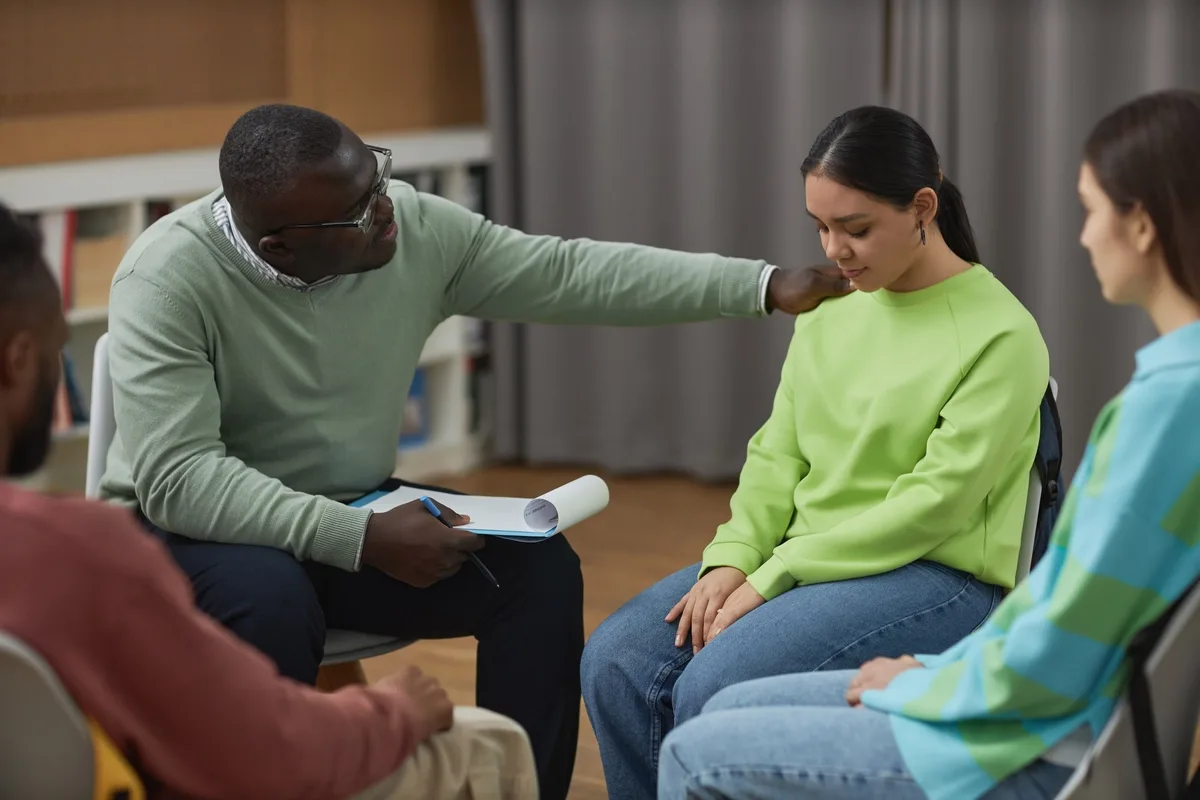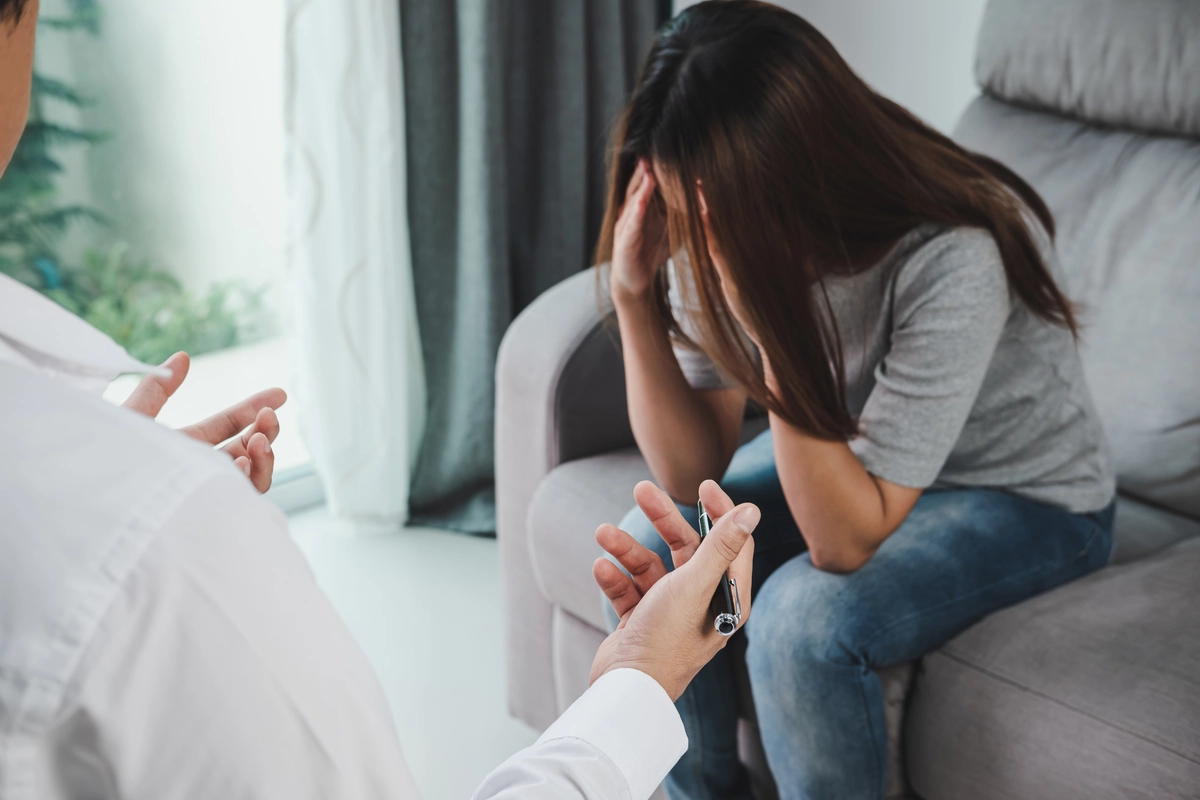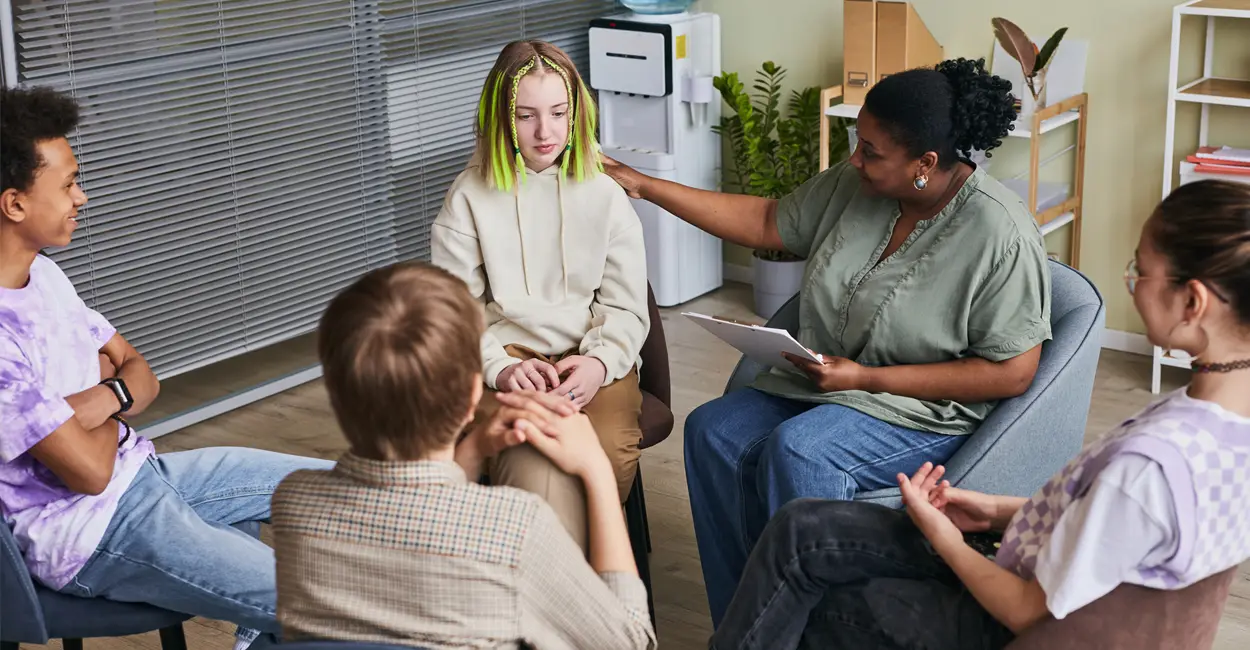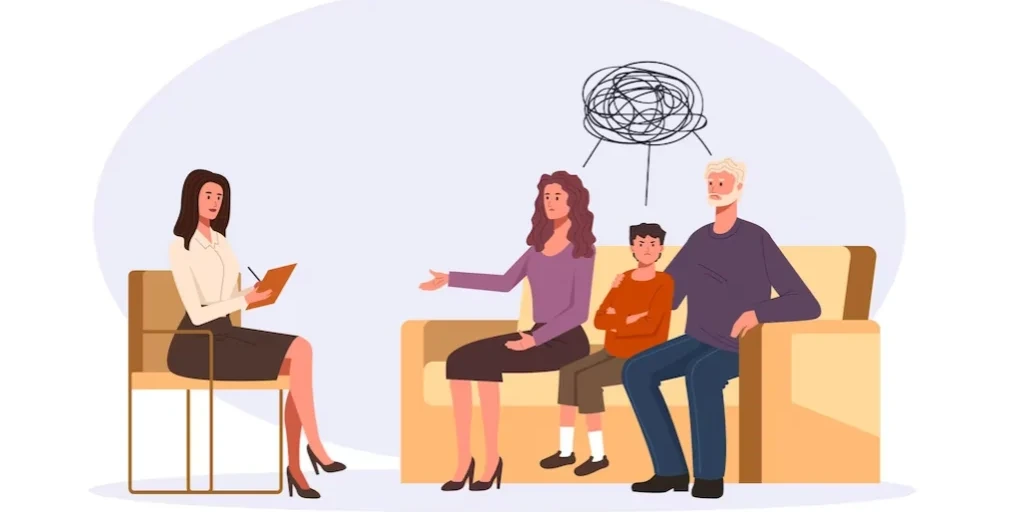24/7 Helpline:
(866) 899-221924/7 Helpline:
(866) 899-2219
Learn more about Ativan Rehab centers in Gibbs
Ativan Rehab in Other Cities

Other Insurance Options

PHCS Network

Multiplan

Sutter

Health Choice

Holman Group

Private insurance

EmblemHealth

Absolute Total Care

ComPsych

CareFirst

WellPoint

Amerigroup

BlueShield

Health Net

MVP Healthcare

Medical Mutual of Ohio

MHNNet Behavioral Health

UMR

Providence

Covered California


Preferred Family Healthcare – Jamison Street
Preferred Family Healthcare is a mental health, behavioral health, and dual diagnosis treatment cent...

Mark Twain Behavioral Health
Mark Twain Behavioral Health is a private rehab located in Kirksville, Missouri. Mark Twain Behavior...

Preferred Family Healthcare
Preferred Family Healthcare offers a residential and outpatient program, CPRC, RCF, Prevention, Heal...


































Integrative Wellness Institute
Integrative Wellness Institute is a private rehab located in Kirksville, Missouri. Integrative Welln...

AA – Alcoholics Anonymous
AA – Alcoholics Anonymous is a non-profit rehab located in Kirksville, Missouri. AA – Alcoholics Ano...
















